Women's Wellness Requirements Have Changed
Hutchinson News 5.11.16
While every woman should continue to have an annual well woman’s exam, Hutchinson Clinic OB-GYN Stefanie Kempke said recommendations have changed when it comes to Pap smears, self-breast exams and mammograms. If a woman hasn’t gone in for a well woman’s exam, it’s a good time to have one, as this week is National Women’s Health Week. Kempke said research shows women are having Pap smears almost too often, which is producing a high number of false positives or abnormal findings that likely would have resolved on their own. “This means that women are getting more procedures and things like that done for not really detecting more (cervical) cancer,” Kempke said. Based on these findings, guidelines were recently revised – mainly in 2012, but again this January – to state that regardless of sexual activity, women don’t need to start having Pap smears until they’re 21. For women age 21 to 29, a Pap should be done every three years. At age 30, Pap smears and human papillomavirus testing should be done together. If both tests come back negative, women can go five years between Pap smears. The testing can stop at age 65 if a woman has 10 years of normal readings. The guidelines are different for those who are HIV-positive or if tests come back abnormal, Kempke said. Guidelines in the past recommended that women have Pap smears yearly after sexual activity.
“I still think an annual exam is really important,” Kempke said. Depending on age, a well woman’s exam goes over birth control, preconception counseling and talks about sex concerns and weight control. A screening is also done for health, cancer, depression and sexually transmitted infections, according to the American College of Obstetricians and Gynecologists:https://www.acog.org/-/media/For-Patients/Annual-Well-Woman-Exam-Infographic-lg.pdf?la=en
Kempke said the doctor will also screen for diabetes, osteoporosis, thyroid problems, depression, STIs or what issues the patient might have. A pelvic and breast exam is also typically done. Recent recommendations for self-breast exams have been slightly controversial, Kempke said. The United States Preventive Services Task Force suggests these exams should not be done as more women are going to the doctor and having more anxiety for lumps that were benign. “In their minds there was no evidence that it was helpful,” Kempke said about the task force. The ACOG notes that women often do find their own breast cancer, making self-breast exams beneficial. We talk about self-breast awareness now, Kempke said, so patients get to know their breast tissue – everyone’s feels differently. If, in fact, a patient feels like something has changed, she should talk to her doctor. The task force also recommends starting mammograms at age 50, as between ages 40 and 50, there are more false positives. This has been a significant change from other guidelines that suggest to start mammograms at age 40.
In the office, Kempke recommends starting mammograms at age 40 and getting them done yearly after that.
